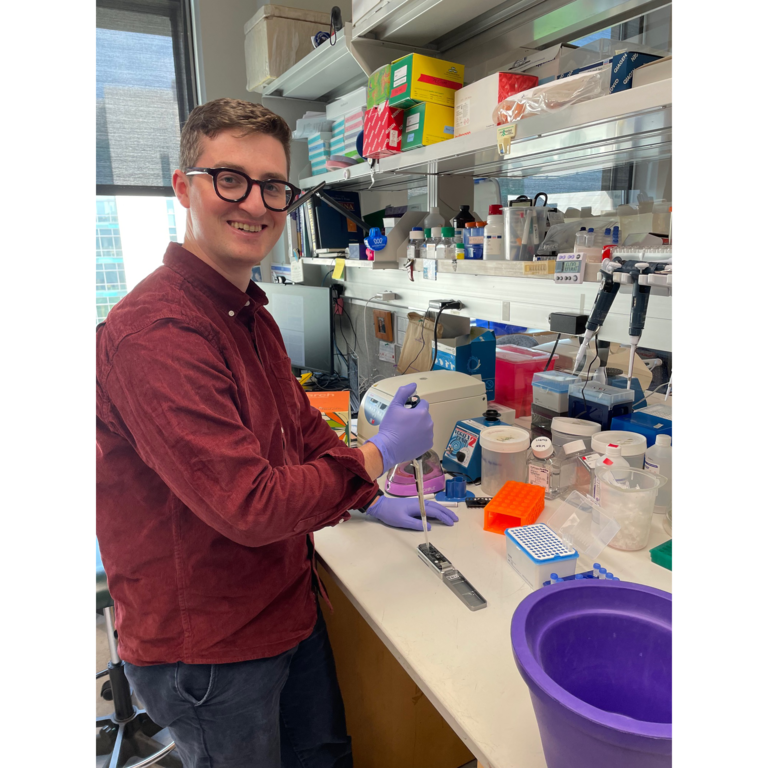Breadcrumb
- Home
- Prospective students
Prospective Students
Main navigation
Prospective students should have a strong undergraduate science background and a strong commitment to research in genetics. Previous coursework should include general genetics, biochemistry, organic chemistry, introductory physics and mathematics. However, deficiencies can be made up during the first year as a graduate student.
Even more important than formal course work is the opportunity to do significant research in genetics. Research interests of the participating faculty include virtually all areas of genetics, ranging from bacteriophage genetics to human medical genetics. In each area of genetics, there is a group of faculty members who have closely related interests.

The University is also strong in several related disciplines, including microbial physiology, enzymology, virology, protein biochemistry, computational genetics, and developmental and cell biology, all of which contribute significantly to the overall training program.
A combination of core and elective courses together with hands-on laboratory experience provide a strong base for Ph.D. thesis research.
Diversity is a critical part of the University of Iowa's research and education goals. A diverse student body, faculty and staff population help provide a richer education for all students, and also contribute to a more well-rounded research enterprise. The Office of Cultural Affairs and Diversity Initiatives works closely with the Genetics Program and community partners to foster an environment where all members of our community feel welcome. The Genetics Program is committed to equal opportunity and diversity, including a commitment to students with disabilities and from underrepresented groups.
University of Iowa Graduate College - Genetics Graduate Program Data
Ph.D. Program Statistics, Cohort and Completion Data